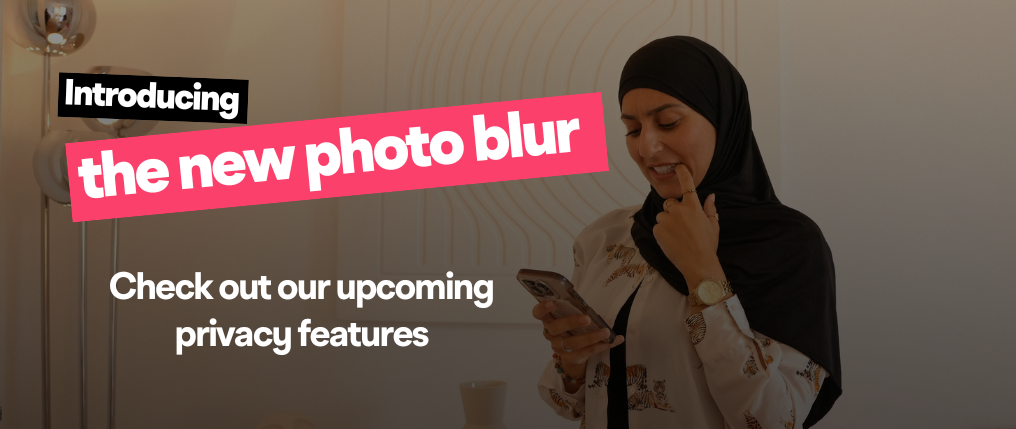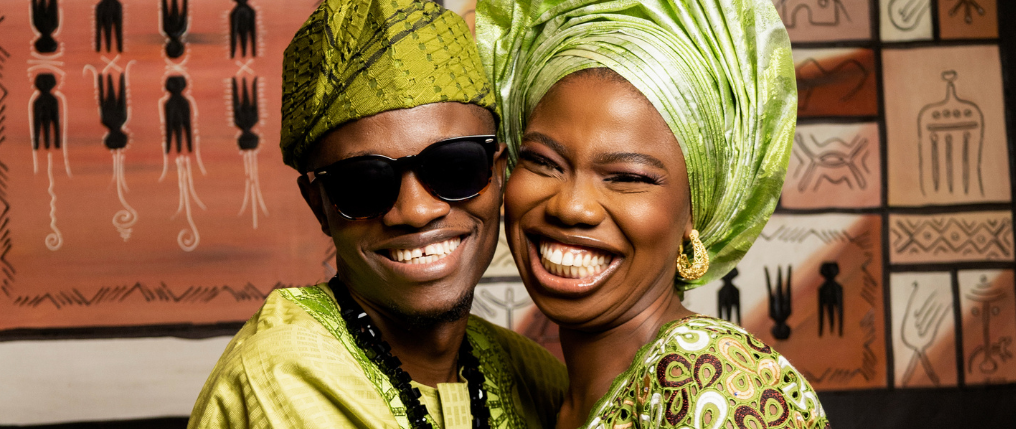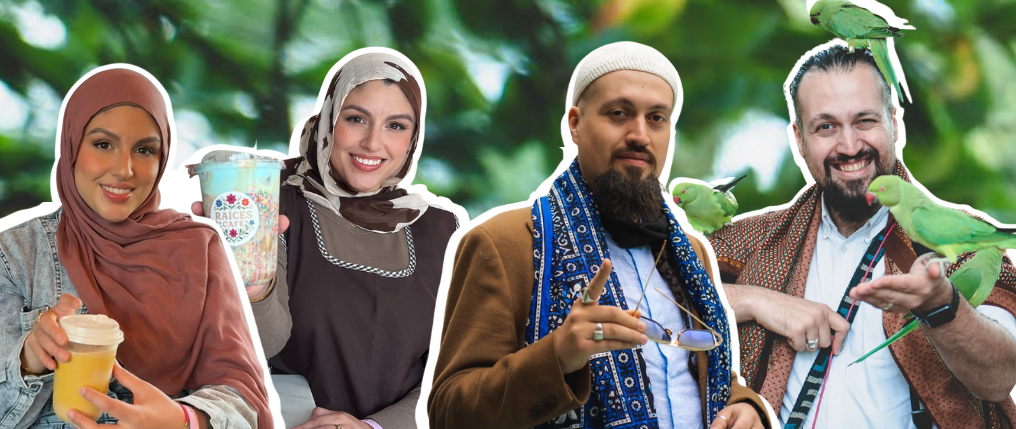
Marriage, Dating and Cultivating Healthy Relationships
June 11, 2017

I find myself often having a familiar conversation with many young men who are about to get married. One of the first times it happened, I was approached by a guy after I had given a lecture at an Islamic Conference in the United States. He was pretty tall and well put together, but there was a certain anxiety about him. He asked if we could speak in private and when we were out of earshot of most he said he was getting married in a few weeks and needed my help with something. I congratulated him and said I’d be happy to help out. He said his upbringing was such that he never really had a relationship with a girl before and now, with his wedding coming up, he felt like he was expected to go from having no experience in even talking to a girl to being physically intimate with one. The only thing he knew for certain was that he didn’t feel ready or comfortable and had no idea what to do about it.

Most of us find ourselves in similar situations at some point or another. Whether it’s in the context of marriage or something more simple and day-to-day, it’s really confusing for a lot of us as to how we’re supposed to interact with the opposite gender. Questions that arise don’t really ever get asked because of an absence of people to ask them of. Those that do get asked tend to not really get answered in a way that takes away confusion. If anything, it just adds more to it.
I’ve found myself asked on many different occasions by young women, “Isn’t it haraam (religiously impermissible) for boys and girls who are not mahram (individuals that one cannot marry) to talk to each other?” I respond, “Aren’t you talking to me right now?” Usually the woman will follow-up and say, “What do you mean?” To which I say, “I don’t know if you realize it, but I’m a boy.” I’ll then ask her, along with the audience what the word haraam means and more often than not, most people don’t really know, resulting a in a big mess of misunderstanding.
For many Muslims, growing up, the idea is plain and simple — you’re not supposed to interact with the opposite gender unless there is a need. Words like “professional” and “formal” get thrown around in how gender interaction “should” be, which for a 13-year-old is probably not the best word choice. After we get older, it tends to not be so plain and simple, but by that time it’s more problematic because we were never really able to normalize an understanding, and are now in a place where we don’t know things that someone should have sat down and taught us as children. This is not just from the standpoint of not doing something, but helping our young people be smart about decisions they make. Many young women that I’ve spoken to who have had pregnancy scares or young men that have developed illnesses could have been avoided if in their learning process someone spoke to them about relationships in a way that was relevant to their lives, not just with a sweeping statement of “stay away from all boys.”
“And the believers, men and women, are protecting friends one of another…..” The Holy Qur’an (9:71)
The fundamental component of our community is the family unit, and in order for the family unit to be successful and healthy, there has to be a solid communication between the husband and wife. Expectations of what I’m looking for and what I need in a marriage aren’t ever properly understood because I haven’t really figured it out that well. Lectures and classes that I attend on marriage, gender interaction, and things as such seem to not really take into consideration the reality of my life, but the speaker or instructor continues to talk as if what they are saying is what Islam definitively says. I just end up getting more confused.
I spoke at a conference once on a marriage panel in which one of my co-panelists told that audience that in finding a potential spouse, your family will always make the best decision for you and will be able to introduce you to people, so it’s not necessary to go out and find someone yourself. As I bit my tongue and gathered myself, I was approached by a young woman afterwards who said she herself was confused by what the speaker was saying. Her issue stemmed from the fact that her family doesn’t even like her being Muslim, let alone them knowing any Muslims. So how does she deal with what this man is saying in the the context of her life?
A lot of what we understand about gender and topics relevant to it comes mostly from a male voice, whether that male voice is coming from a female or male mouth. Adding perspective in can help deepen our understandings so that we realize the impact that our conversations actually are having on people day-to-day. What we need is more people to explain at all levels of development what gender means, and along with it how gender interaction works. Conversations that help men, young and old understand the overall experience of being both male and female, and similar conversations for women of all ages. That perspective can also be broadened by having more open discussions as opposed to lectures and panels. Talk to the people in your community about what it means to them to be son or daughter, a husband or wife, a father or mother, a professional, a student, a divorcee, a widow, a survivor, a leader, and everything in between. We can learn a lot from hearing other people’s stories — it’s a learning method we don’t really use so much.
Personal development seminars that speak to the needs of a growing population looking for help in simply knowing how to talk to the opposite gender would be great. These should be lead by someone who isn’t regurgitating ideas that I heard at 15 and now at 35 don’t make sense to me. Hearing from real life experience as well as individuals that can help me develop self-esteem and confidence in myself to keep moving forward would be helpful. Most of us don’t know what a healthy relationship is supposed to look like and what processes lead to the development of one. Some of us have come from homes where we didn’t have model relationship to learn from. We saw a lot of fighting, anger and stifled communication. We didn’t see expressions of love or giving of gifts. We saw double standards for how sons were treated in comparison to daughters. We didn’t know how to separate culture from religion and vice versa. As a result, we don’t know where compromise makes sense or where we should stand firm. We don’t know what we are supposed to be looking for or how to go about finding out. Simply put, we don’t know what we’re supposed to do or what challenges to expect.
This is not an issue that simply will work itself out, it has to be worked out. Healthy relationships are key to healthy living and healthy communities. If I don’t know how to interact with the opposite gender, I’m already starting out on a shaky first step. If you are going through this, it’s not your fault. Someone should be there to sit down with you and explain to you how these things work. Hopefully as we grow and learn from each other, we will be able to figure this out as well.
“And the believers, men and women, are protecting friends one of another…..” The Holy Qur’an (9:71)


Looking for your soulmate?
You won’t find your soulmate on this blog post but you might find them on Muzz - the world’s biggest Muslim dating and marriage app.

